Coaching tools
This theme includes nearly 90 tools used by coaches in their sessions.
It features explanatory sheets on various coaching tools, some of which require certification for use, such as NLP, Transactional Analysis, narrative approach, cognitive biases, MBTI, DISC, 360° feedback, Motivation triggers, drivers, etc…
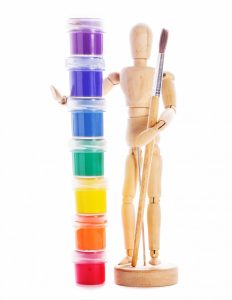
RIASEC – The 14 combinations of profiles
14 possible combinations from the 2 dominant types Research by Holland (1973) has shown that personalities seek and grow in
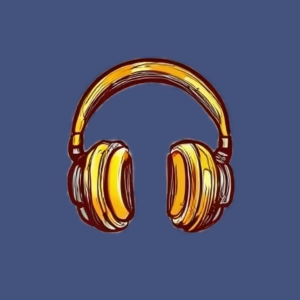
Solution-Focused Listening for youth
Solution-focused listening allows us to position ourselves in the future to imagine solutions: “What will you do when things get
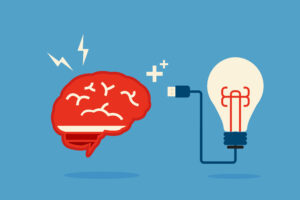
Systemic Analysis
What is a system? A system is comprised of a set of elements interacting with each other. These interactions
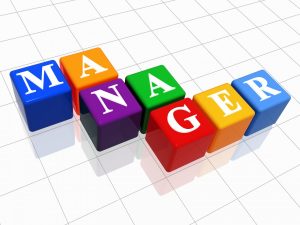
The 360°, a tool for evaluating managerial competencies.
What is a 360°? The 360° cannot be a standard product; it is part of a broader project for
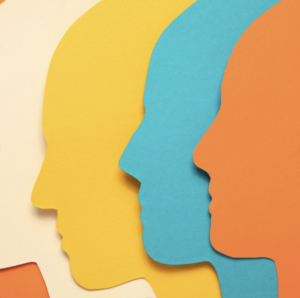
The 4 Leadership Styles in Change
According to “Understanding and Applying Personality Types” by Geneviève Caillou and Pierre Cauvain. The MBTI (Myers Briggs Type Indicator) highlights
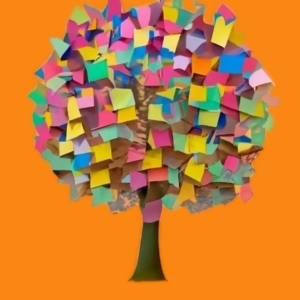
Photolangage®
A recent method dating back to the 1960s Photolangage® is a method developed in the 1960s by a team of
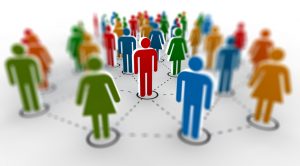
Personality types according to C. Jung
What is your personality? According to Carl G. Jung, a pioneer in the study of personality and
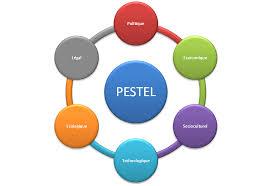
PESTEL Analysis
This tool describes the environment in which a company operates and the influences of various actors on day-to-day business conduct.

Non-violent Communication (NVC)
Origin of Non-violent Communication During the 1960s, amidst racial and socioeconomic conflicts, Marshall Rosenberg, an American clinical psychologist,
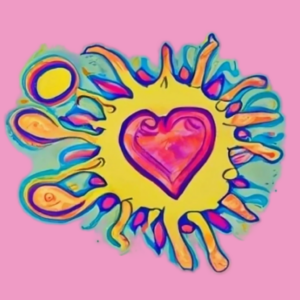
Person-Centred Approach
A Humanistic Approach The Person-centred Approach (PCA) is a method of psychotherapy and counselling created by the North American psychologist